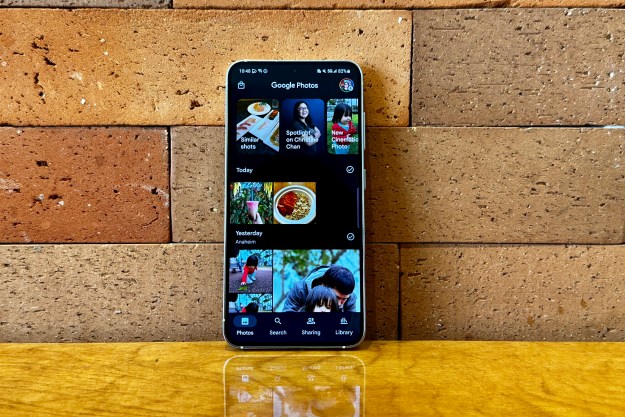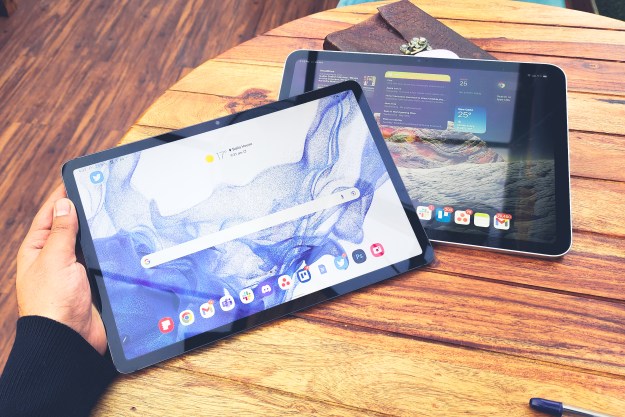Google has launched a new app aimed at helping those with limited mobility make full use of their smartphones and tablets.
Currently for Android only, Voice Access had been in beta for a couple of years, but ongoing development work has finally made the app suitable for a full rollout. While it’s long been possible to control elements of your Android device via voice, the app takes such functionality up a notch.
Indeed, Patrick Clary, product manager of Google’s Central Accessibility Team, points out that Voice Access offers “more fine-grained controls than other voice commands you might use on your phone — for example, letting you use your voice to ‘click’ buttons and controls within apps, or scroll and navigate app screens.”
Using only speech, Voice Access lets you navigate through all your apps, compose and edit text, and, of course, talk to Google Assistant.
Tasks are initiated through a system that places numbers (see insert) on the screen that let you tell the app where you want to begin. Settings can be changed by speaking instructions like “turn up volume,” “turn on Bluetooth,” and, when you’re done, “turn off device.”
You can also interact with the current screen by calling out gesture commands such as “scroll down,” “scroll to top,” and “swipe forward.”
It’s all very intuitive. Editing can be performed simply by telling the app to change particular words. For example, you could request the software to “replace ‘Saturday’ with ‘tomorrow’,” after creating a sentence such as, “Shall we meet Saturday?” Likewise, if you want to delete the entirety of, say, the third line, simply say, “Delete the third line.”
A full list of commands can be found by navigating to Voice Access’ settings and selecting “Show all commands.”
Clary explains that while the app offers a wide range of benefits for individuals with conditions such as Parkinson’s disease, multiple sclerosis, arthritis, and paralysis, Voice Access could also prove useful for those who simply have their hands full, such as “people juggling with groceries or in the middle of cooking.”
In the U.S. alone, more than 50 million people have some form of mobility impairment that may impact hand function, and this suggests Voice Access will be a useful tool for many of those with an Android device.
Google’s Voice Access app is free and available globally. It supports English commands, with additional language support on the way. You can download it from Google Play here.
Editors' Recommendations
- Google just released the first Android 15 beta. Here’s what’s new
- The 1Password Android app just got a huge upgrade
- Google just announced Android 15. Here’s everything that’s new
- Google just redesigned one of its biggest apps, and it’s bad
- I record interviews for work. These are my favorite free recorder apps


